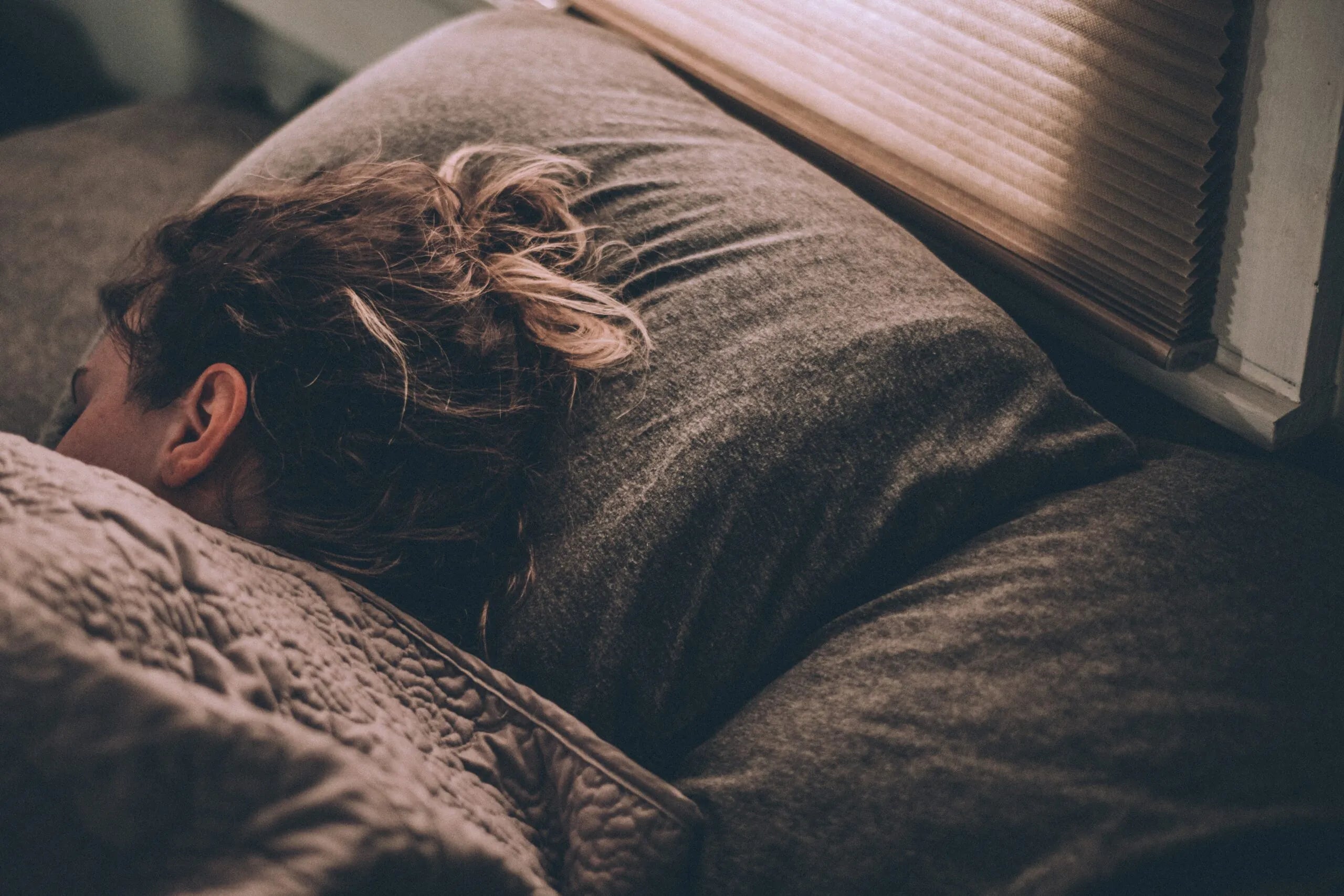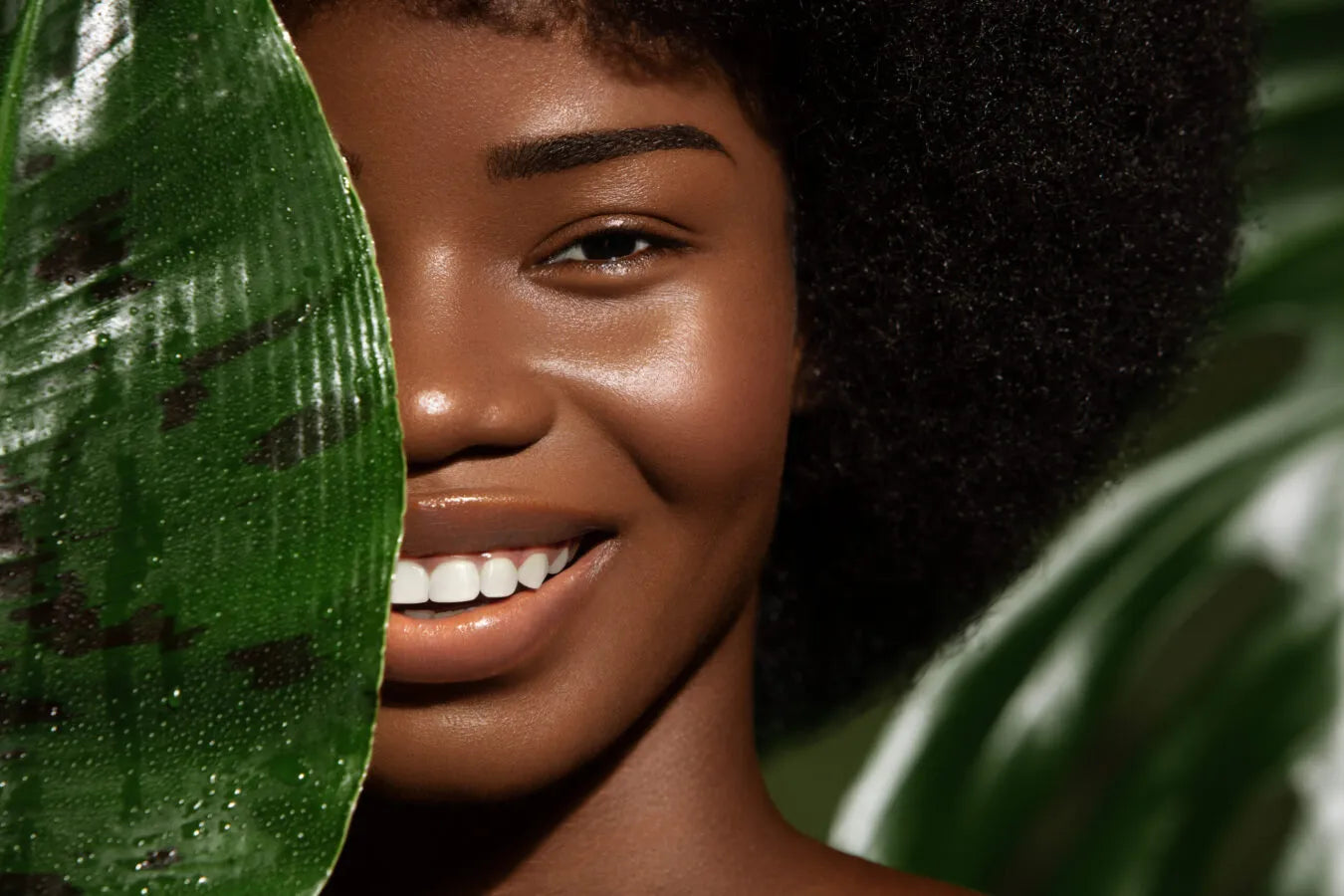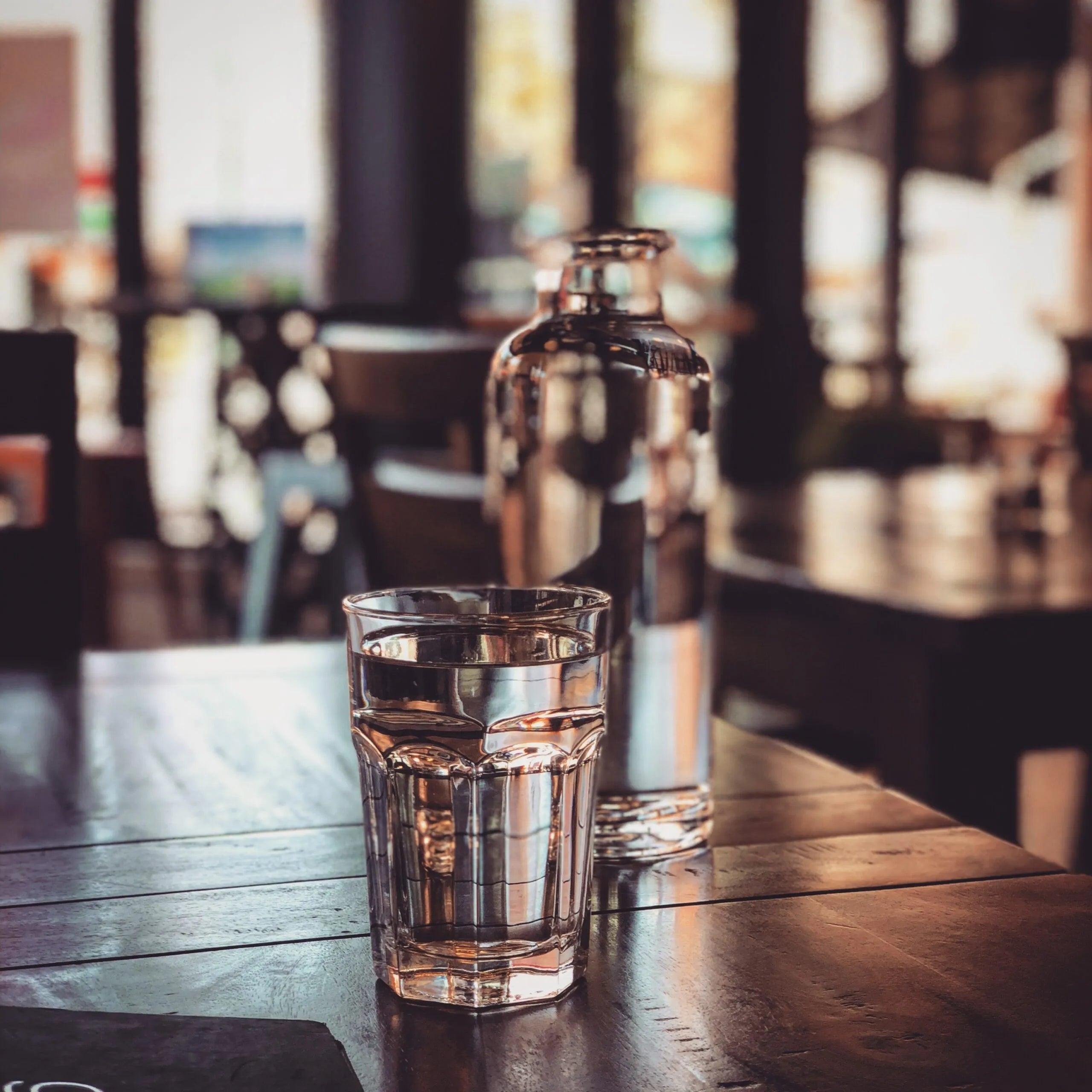Stop counting sheep, and start counting your 40 winks.
In honour of World Sleep Day, the experts at We are Nutrified want to share our top tips for a more restful night’s sleep. We will be spanning the width and breadth of how routine, diet, light, supplements, ageing, sleep position and more can affect your snooze. Featuring a product spotlight on our supremely serene Bedtime Bliss capsules.
What is a ‘Good’ Sleep?
A night of good sleep is considered to be 7-9 hours long for an average adult; this is not a hard and fast rule. You will often hear sleep described in cycles, this is because when the brain sleeps it goes through 90-110 minute cycles of sleep. This interchanges between non-REM and REM Sleep. REM is the acronym for ‘rapid eye movement’.
During stages 1 and 2 of non-REM sleep, you can be easily awoken. This is where the body prepares for deep sleep with body twitches and a decrease in brain waves and body temperature. Stage 3 is a much deeper sleep that is difficult to wake from. There is no eye movement or muscle activity. This is the point at which your brain activity is its slowest. About 90 minutes into your sleep you will enter REM sleep, this is the most intense stage of sleep. This happens on a cyclical basis alongside the other stages, Your first REM cycle last 10 minutes and gets longer each time.
Knowing all this in theory is great, but we have very little control over it as it's unconscious. However, some sleep factors we do have control over are light, sounds, and temperature. Ideally, your bedroom needs to be darkened, quiet and cool.
Factors that Affect Sleep Quality
Temperature
When we enter the REM stage of sleep our body temperature decreases. Therefore, a cooler room of approximately 18 degrees is optimal for sleep due to a lower core body temperature. This temperature will not be optimal for everyone, for example, women negotiating through menopause will require cooler temperatures, as they may experience night sweats and hot flashes.
Light
Our sleep cycle or circadian rhythms are determined by light. The presence or absence of light stimulates the release of awake or sleep hormones, called cortisol and melatonin respectively. Modern life is governed by so many devices which are with us all the time - mobile phones, laptops, tablets, TVs, and even street lights can artificially affect our hormones. This is why we are now advised to activate a blue light filter on all devices.
The same idea goes for light in the bedroom. To stimulate the production of melatonin, our sleepy hormone, our bedroom must be dark when we fall asleep and remain dark. Therefore, you may want to invest in light-blocking curtains or an eye mask.
Sleeping Position
There is not one optimal sleeping position it truly depends on the person. However, sleep experts suggest that the perfect sleep position is one in which your spine and hips are in alignment with your head. However, if you have a specific ailment like back, shoulder or hip pain you are best speaking to a specialist.
White Noise
White noise is a frequency of sound waves that have been positively associated with calming anxiety and enhanced sleep. In fact, a recent study found that adults fell asleep 38% faster when listening to white noise. In addition, it altered the amount of time spent in each stage of sleep when played throughout the night.
Stress
Earlier in the blog, we mentioned the hormone cortisol. Referring to it as the awake hormones. This isn’t the only role of cortisol it’s also known as the stress hormone. When you are stressed, you may find yourself tossing and turning, seemingly unable to fall asleep despite being tired. This is because cortisol peaks when we are stressed, it also peaks to wake the body. If you go to bed stressed, the likelihood is that your body will think it's time to wake up and keep you alert. Open the door to stress and you can wave goodbye to that deep sleep.

Nutrition
How and when we eat during the day can affect the way we sleep at night. The 'how' is dependent on the types of foods. For example, high carbohydrate, quick-energy-release foods such as confectionary, and desserts could lead you to feel ultra-energised before bed. Alternatively, we're all familiar with the post-lunch slump, or even better, the post-Christmas dinner slump. This is because there are nutrients within food that stimulate sleepy hormones, namely tryptophan and carbohydrates. Tryptophan which can be found in turkey, is a precursor to the sleepy hormone melatonin. On a similar note, carbohydrates cause a release of the happy hormone serotonin, which is a precursor to our sleepy hormone.
As for the ‘when’, having a hugely complex meal that requires a lot of digestion not long before bed can lead to prolonged wake hours, leaving you tossing and turning. However, not eating cheese before going to sleep to avoid nightmares is largely a myth. So, order those cheeseboards and revel in that deliciousness.
Supplements
Science has shown there are many nutrients and botanical extracts that have been shown to encourage a more restful night's sleep. Some MVPs of the sleep supplement world include soothing magnesium, restful vitamin B6, calming valerian root, tranquil lemon balm, settling chamomile and serene lavender. Studies demonstrate that a combination or a subset of these ingredients can soothe the transition into sleep, calming the nervous system and allowing for a restful night’s sleep.
Bedtime Bliss from We are Nutrified is a calmative blend of 5-HTP, Magnesium and Vitamin B6, teamed with carefully selected calming botanicals for brighter waking days and deeper sleeping nights. For the best sleep, you need the best ingredients, our Nutrition experts have worked tirelessly to stop you from feeling tired. Each pack of Bedtime Bliss will see you through 3 months of beauty sleep. All supplements are vegan, with zero additives.
Shop Bedtime Bliss, Here

Exercise
Moderate exercise has been shown to shorten the length of time it takes for an adult to fall asleep. Not only that, but research demonstrates a link between the time spent exercising and reports of poor sleep. The report states that people who report poor quality sleep as well as struggling to fall and stay asleep are those that do the least exercise. You’re advised to exercise during the course of your day and not right before bed, especially if it's vigorous exercise as this can prevent you from falling asleep.
Age
Typically, as we age our ability to sleep worsens. This is because the area in our brain that controls our sleep-awake circadian rhythms start to deteriorate with age. So, if you used to be a good sleeper, and now aren’t don’t be concerned – it's a normal part of ageing.
Remember that getting 9 hours a night isn’t always possible necessary for everyone. We all need different things. All you can do is create a cosy environment, monitor your light exposure, exercise regularly, eat a balanced diet and of course, use Bedtime Bliss.
Reference






Share:
Scrappy Cooking, Recipes to Reduce Food Waste
Don't Break a Sweat - Excessive sweating, Odour & Night Sweats